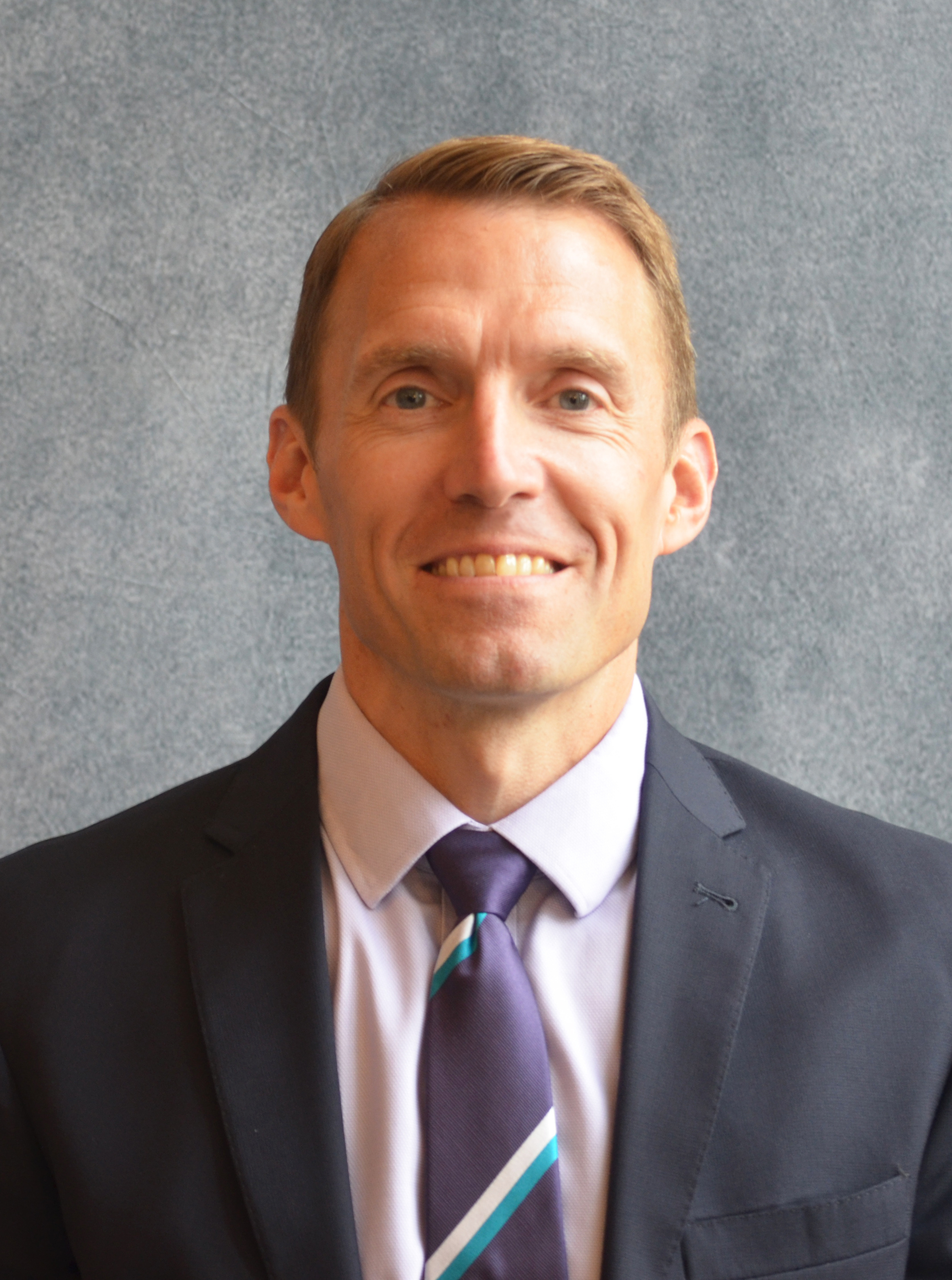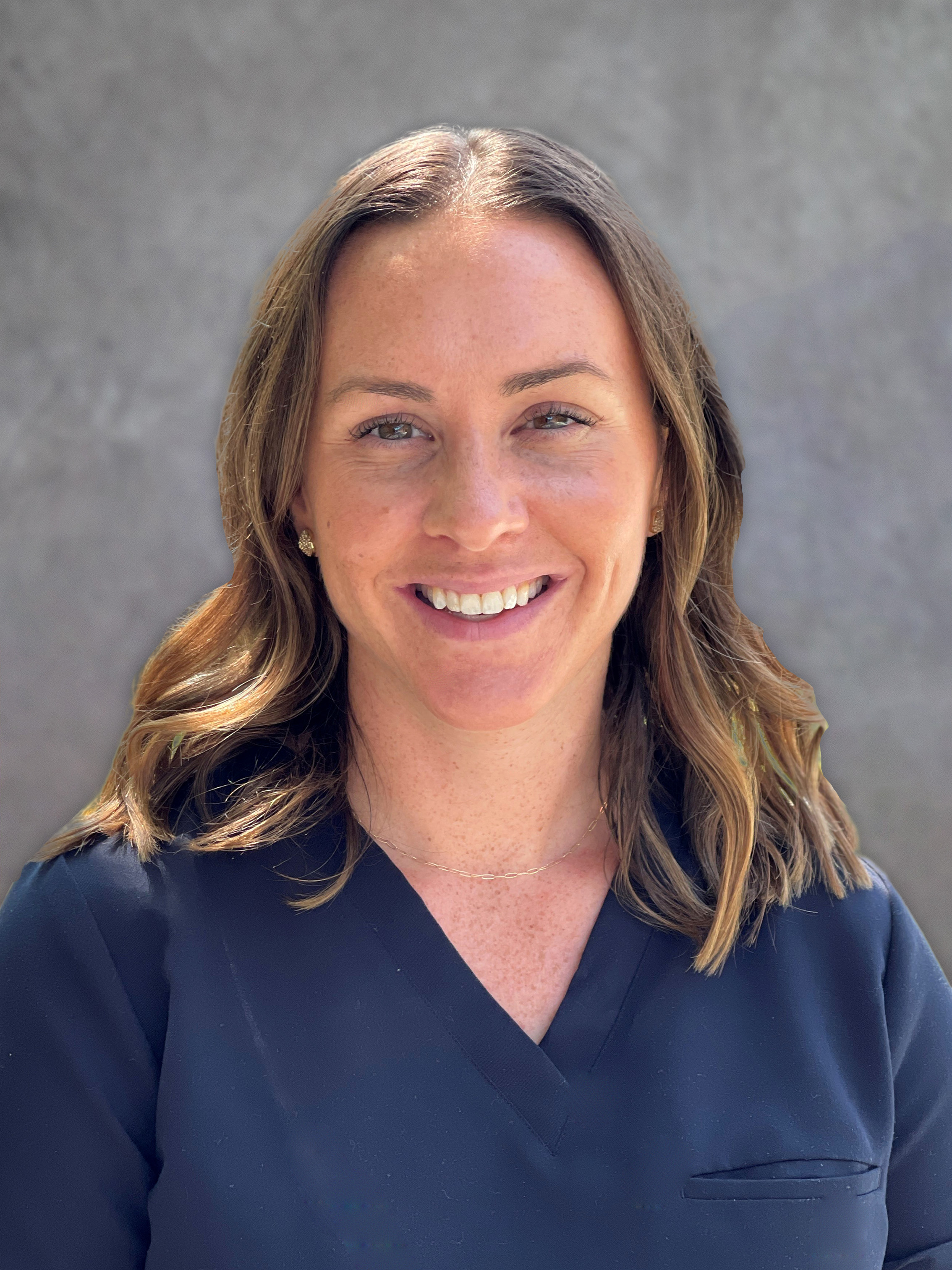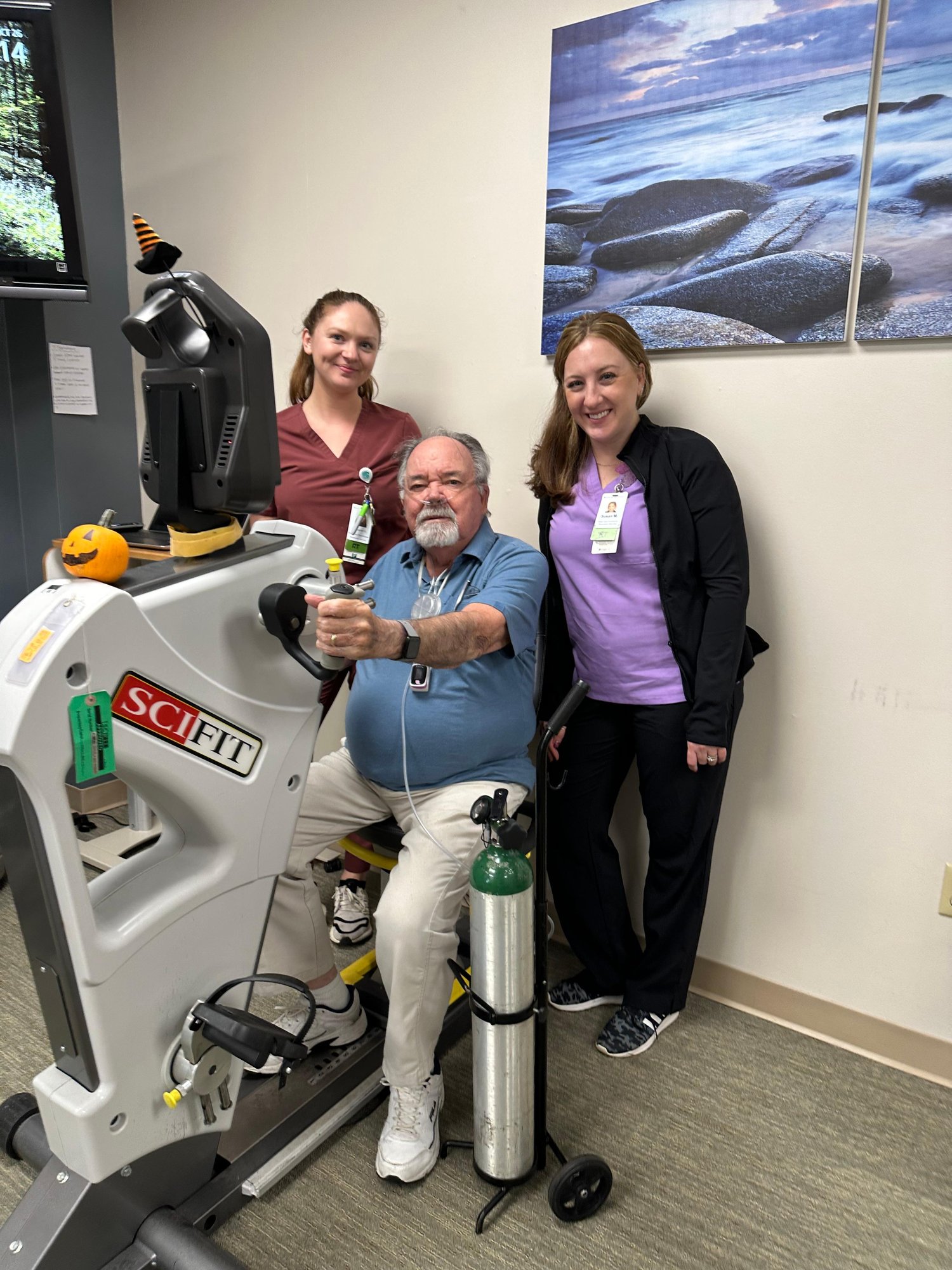The Milne Institute for Healthcare Innovation
The Milne Institute for Healthcare Innovation drives research with the potential to change lives around the world
Milne Institute researchers pioneer evidence-based practices, diagnostic tools, and innovative technologies that make a global impact on the lives of people with brain and spinal cord injuries, strokes, pulmonary diseases, and more.
Get In Touch:
The Milne Institute
50 Gaylord Farm Road
Wallingford, CT 06492
Evidence-based practices and applied technologies
Housed on the Gaylord campus in Wallingford, Connecticut, the Milne Institute conducts research and develops evidence-based practices and applied technologies.
Data-driven research
The Institute provides a collaborative, multidisciplinary environment for dedicated researchers to work with Gaylord's team of clinicians while partnering with corporations and foundations to conduct and disseminate data-driven research.
Life-changing results
This important research has the potential to change lives around the world, by leveraging Gaylord’s expertise in the care of brain and spinal cord injuries, complex strokes, amputations, and pulmonary diseases.
With our history of innovation, the researchers at Gaylord’s Milne Institute for Healthcare Innovation - coupled with our nationally renowned physicians, therapists and clinicians - are the agile and insightful partners your brand can use to take your product to the next level.
-5%20first%20choice.jpg)
David Rosenblum, MD
Medical Director, Milne Institute for Healthcare Innovation

Pete Grevelding, MSPT, MBA; COO
Executive Director, Milne Institute for Healthcare Innovation

Henry “Hank” Hrdlicka, PhD
Director of Research, Milne Institute for Healthcare Innovation

John Corbett, BA
Research Coordinator, Milne Institute for Healthcare Innovation

Cynthia Bartholomew, MBA
Grant Specialist

Roslyn Gilhuly, MA
Associate Vice President of Development

Socheata Lim Morley, PhD
Research Coordinator, Milne Institute for Healthcare Innovation

Raquel Conklin, BSN
Nursing Professional Development Specialist

Emily Meise, MS OTR/L, CLT, CBIS, CSRS
Level III Inpatient Occupational Therapist
All research projects conducted at Gaylord are reviewed by our Institutional Review Board (IRB). This board includes professionals from disciplines throughout Gaylord and community leaders. Upon IRB approval, the studies are conducted within the guidelines of the submitted protocol. Annual reviews and audits are conducted to ensure projects are compliant. All research projects are required to earn and maintain IRB approval.
Gaylord's IRB is compliant with the U.S. Federal Government Department of Health and Human Service, Office for Human Research Protections. A Federal Wide Assurance (FWA00010599) that is valid through December 27, 2028, shows Gaylord’s commitment to comply with the requirements set forth in the regulations for the protection of human subjects. The Federal Wide Assurance defines the responsibilities of the Institution, the IRB, the IRB administrative office and staff, and the investigators to protect human research subjects.
For questions or inquiries, contact:
GaylordIRB@Gaylord.org
Through the Milne Institute for Healthcare Innovation, Gaylord Specialty Healthcare offers patients the opportunity to participate in various research projects. Inpatients and outpatients who are eligible to enroll in appropriate studies are given the information necessary to make an informed decision regarding participation. Gaylord staff works with other collaborating facilities to conduct and participate in larger studies, including some at an international level. There are also Gaylord-specific studies that are designed and conducted by Gaylord staff.
Conflict of Interest
Conflicts of interest may occur when an investigator’s research responsibilities compete with his or her private interests, such as financial interests, raising concerns of objectivity and improper gain. Conflicts of interest are inevitable and may exist despite the highest standards of conduct and candor. Fortunately, most conflicts can be successfully resolved and managed without impeding research activities. Gaylord Hospital has adopted a policy requiring the disclosure of actual or potential conflicts of interest. A Gaylord Hospital Conflict of Interest Disclosure Form must be completed and submitted by investigators at the time of submission of research protocols to the IRB and at the time of a re-approval application. After disclosure, if any, the Gaylord Hospital Conflict of Interest Committee reviews the disclosure to determine how best to manage the conflict in a manner that protects both the research participants and the investigator. The policy applies to all investigators of faculty, staff, and students conducting sponsored research, all human subject research, animal subject research and research funded by a formal award from Gaylord Hospital based on submission of a proposal. A conflict of interest is defined as: “A situation associated with an investigator’s participation in Gaylord Hospital research where it reasonably appears, on an actual or potential basis that the investigator’s significant financial interest could directly and significantly affect the design, conduct or reporting of Gaylord Hospital research activities; or the investigator’s situation could directly and significantly compromise his or her professional commitments or allegiance to Gaylord Hospital.
Potential conflicts of interest and disclosures also apply to IRB members when they are assigned protocol applications for review. IRB members should consider possible or potential conflicts of interest and determine whether a particular role or relationship could affect his or her objectivity before reviewing, participating in a protocol discussion, or voting on a protocol application. Possible relationships to consider include: the IRB member is a listed investigator or advisor on an application; the member has a familial or close personal relationship with the investigator; the member holds a financial interest in the outcome of the research; or other concerns that warrant abstaining from review, deliberation and voting on a protocol. In the event of a potential conflict of interest, the IRB member should not accept the protocol for review and return the application for assignment to another member; or at full review meetings, any member(s) should disclose conflicts or simply state that participation is not appropriate and then recuse themselves from discussion and voting on the protocol.





